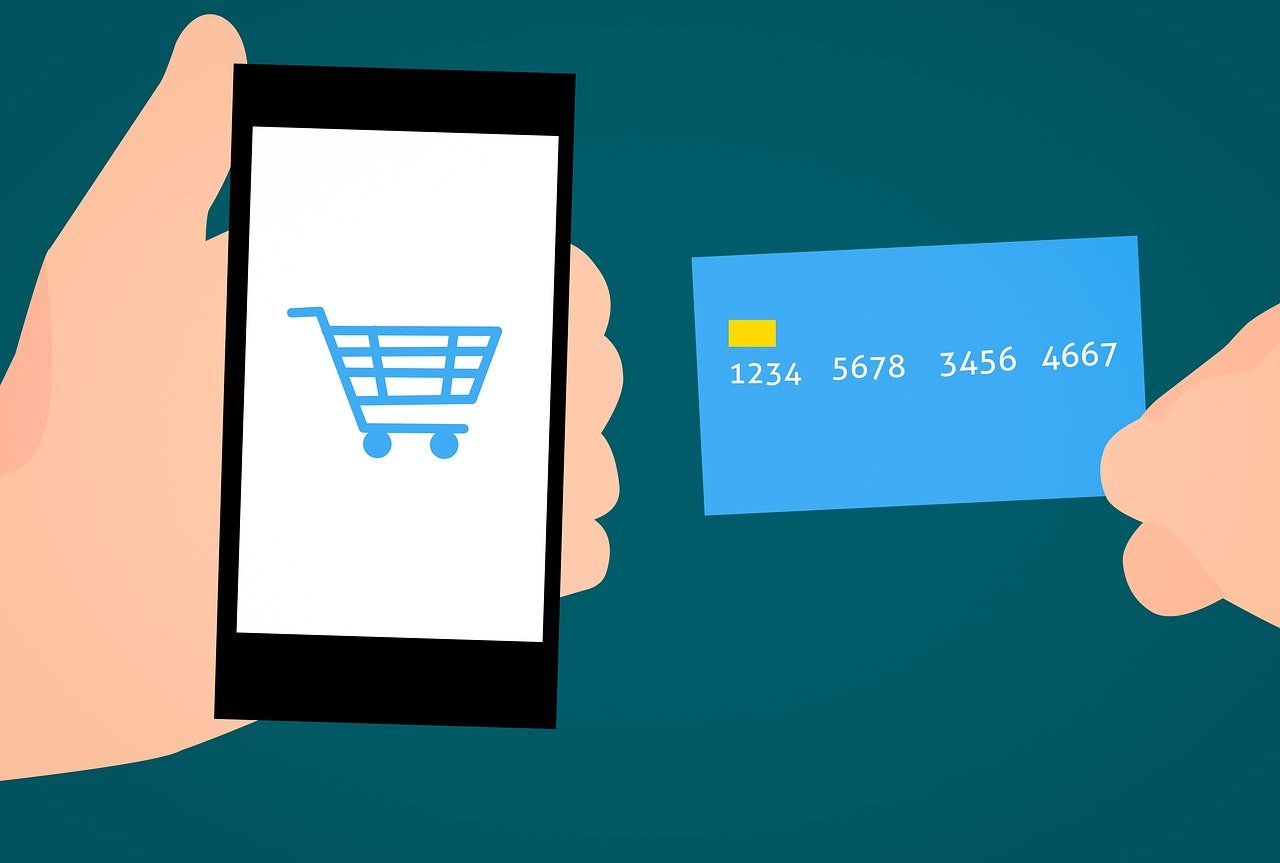Imagine stepping into the digital marketplace ready to expand your business horizon. Before you start accepting those credit card swipes and online payments, you’re going to need a key player in the transaction tapestry: a merchant ID. But what exactly is this financial fingerprint? A merchant ID, more formally known as a merchant identification number or MID, is a unique merchant identifier essential for processing payments. Think of it as your business’s unique calling card in the world of transactions, a 15-digit number assigned to you by credit card processors when you open a merchant account.
Your unique merchant identifier is much more than a sequence of numbers; it’s the passport for your funds, guiding them safely from the customer’s bank to your account. Whether it’s displayed on statements or used discreetly behind the scenes, your MID ensures that every cent of your hard-earned money is accounted for. Ready to start the journey into seamless payment processing? Let’s delve into the importance of having a MID for your commercial venture and the steps to secure one.
Understanding the Importance of a Merchant ID
As a cornerstone of electronic commerce, your merchant account ID is more than just a set of numbers—it’s an essential key to unlocking secure transactions and streamlining the payment process for your business. This identifier acts as a passport in the digital economy, navigating the complex pathways of credit card transaction flows, and is vital for the receipt and processing of customer payments.
Defining Merchant ID and Its Role in Transactions
A merchant ID (often referred to as a merchant account number) is your unique business identifier within the payment processing system. When you conduct a sale, this number is used to ensure the correct funds transfer from your customer’s account to yours, safeguarding the integrity and security of each transaction.
The Journey of a Transaction and the MID’s Involvement
During each credit card transaction, your merchant ID accompanies the financial details, communicating necessary information to everyone involved in the transaction process—from the card-issuing bank to the payment processor. It’s a beacon within the payment-processing business necessity, guiding each payment faultlessly through the sea of electronic financial infrastructure.
Why Every Payment-Processing Business Requires a Merchant ID
Without a merchant account ID, the reality of receiving customer payments securely via credit or debit cards would be unattainable. Your merchant ID is the imperative thread connecting every transaction, making it an indispensable asset for your business’s continued growth and operational success in the eCommerce realm.
The Process of Acquiring a Merchant ID
When you’re ready to take the leap into the world of digital payments, setting up a merchant ID is a crucial step. This identifier becomes the cornerstone of your business’s ability to process credit and debit card transactions. Here’s a simple outline of what you can expect during the merchant account establishment process:
- You’ll start by selecting a reliable credit card processor. This is the entity that will facilitate card transactions, securely transmitting data between your business, the banks, and the card networks.
- The next step involves submitting an application that includes your business details. This will comprise information about the nature of your business, your estimated sales volumes, and the types of transactions you expect to process.
- A thorough credit check is often a standard part of the process. The credit card processor will evaluate your business’s financial stability to establish trustworthiness and risk level.
- After a detailed review, you’ll be asked to review and accept the terms and conditions laid out by the processor. These terms will cover processing fees, chargeback policies, and other important operational details.
- Once approved, your business will be granted a unique merchant ID, solidifying your ability to start receiving payments via credit and debit cards.
It’s essential to approach this process with diligence, ensuring you understand the obligations and opportunities that come with your new merchant ID. Establishing this account ensures that your business is equipped to meet customer payment preferences and stay competitive in today’s market.
Can Multiple Merchant IDs Benefit Your Business?
In today’s diverse marketplace, your ability to manage financial complexity can be the key to your business’s success. Leveraging multiple merchant IDs (MIDs) allows you to create clear, segmented tracks for your revenue streams, which can be especially beneficial for businesses with diverse operational segments or industry-specific needs. However, such an approach should be navigated with an awareness of associated risks, such as chargebacks and the administrative burden.
Strategies for Managing Multiple Segments with Distinct MIDs
Segments management becomes more streamlined when you assign different MIDs to each facet of your business. With this strategic segmentation, you not only gain clarity in business tracking but your merchant account provider might also offer you better terms customized for each segment. A universally common practice is to use separate MIDs for online vs. brick-and-mortar sales channels, meeting both the needs of payment segmentation and customer expectations.
- Establish clear financial reporting for each MID.
- Customize fraud filters and chargeback prevention strategies per MID.
- Use industry-specific merchant IDs to exploit niche benefits and better MCC (Merchant Category Code) alignment.
Industries That Commonly Utilize Multiple Merchant IDs
The decision to use multiple MIDs often aligns with industry-specific needs. The hospitality sector, for instance, frequently allocates separate MIDs for hotel accommodations, dining services, and event bookings. Similarly, large retail entities with a national presence may use unique MIDs for various store locations to ensure precise tracking of sales and revenue generation.
- Hospitality: Hotels, restaurants, and event services.
- Retail: Different outlets or departments within a store.
- Services: Companies that offer a variety of service types or packages.
Risks and Considerations When Operating With More Than One MID
While operating with multiple MIDs can potentially reduce risk by isolating payment processing activities, this does come with increased responsibilities. The primary concern is the risk of multiple MIDs leading to increased chargebacks. Customers might not recognize a transaction if each segment of your business has a different name on their credit card statements. Furthermore, navigating the landscape of multiple MIDs requires a strong relationship with your merchant account provider and a comprehensive chargeback mitigation strategy.
- Maintain clear communication with customers to minimize chargebacks.
- Implement detailed monitoring for each MID to quickly identify and resolve any issues.
- Consult with your merchant account provider to ensure optimal MID utilization and compliance.
Conclusion
The pivotal role of a merchant ID cannot be understated in the realm of secure transaction processing. Serving as the definitive navigator throughout the intricate journey of every card payment, these unique identifiers are the linchpins of merchant account management. Ensuring each transaction is accurately and efficiently processed, merchant IDs cement themselves as the backbone of a business’s ability to accept and manage card payments seamlessly.
In recognizing the layered nature of modern businesses, the simplicity of acquiring a merchant ID evolves when a business operates across multiple markets or sectors. The nuanced approach of managing several IDs might be daunting, yet it presents a calculated advantage. It allows for granular financial tracking, but this approach should always be weighed against the potential challenges that may arise, such as the steeper risk of chargebacks and the strict vigilance required to maintain industry compliance.
As you progress in your understanding and application of merchant IDs, remember their indisputable importance in maintaining not just the security but also the fluidity of payment processing. Appropriate utilization and meticulous management of these financial conduits are the stepping stones to ensuring that your business thrives in the complex ecosystem of digital commerce.








This Post Has 0 Comments